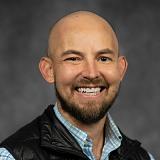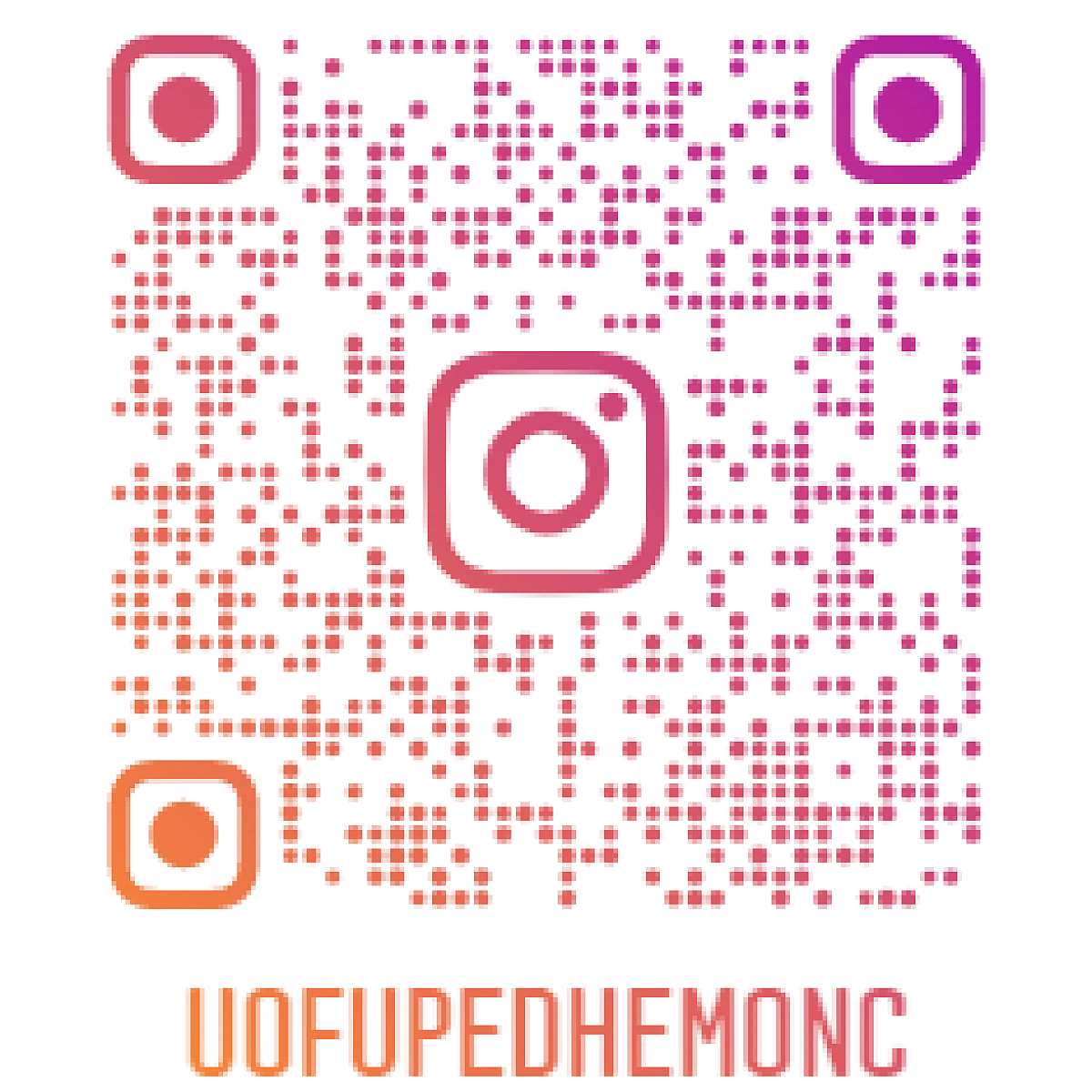
Hematology & Oncology Education
PEDIATRIC HEMATOLOGY ONCOLOGY FELLOWSHIP EDUCATION OVERVIEW
Another very important aspect that stands out about our program is its educational mission. Of course, most of our learning comes from our patients. In addition, our fellows attend a variety of weekly clinical didactic presentations throughout their fellowship and present at structured tumor boards to prepare them for future presentations at scientific meetings. While there are many, listed below are several of the opportunities for structured education:
- A weekly mid-day didactic lecture series that covers all major hematologic and oncologic conditions throughout the year
- Fellow bootcamp through the first 4 months of the year focused on high yield fellow focused topics led by 1-2 faculty preceptors
- Monthly board review meeting with program leadership
- Weekly Friday morning disease-based tumor boards rotating through solid tumors, neuro-oncology, hematology and hematologic cancers and journal club
- Weekly disease-based team meetings for sarcomas, “blastomas” and rare tumors, leukemia/lymphoma and neuro-oncology
- Regular “Morbidity and Mortality” conferences to review cases with unfavorable outcomes as a learning tool for both fellows and faculty
In addition to clinical education, the University of Utah and the Pediatric Hematology-Oncology fellowship are dedicated to offering education focused on preparing our trainees for a broader academic career. These include, but are not limited to:
- The Master of Science in Clinical Investigation (MSCI) provides classroom teaching in biostatics, epidemiology, clinical trial design, grant writing, survey development and a variety of elective classes, while providing a mentored research experience in clinical research. The MSCI prepares its trainees for careers in clinical investigation and provides the option of two tracks (Track 1 focuses on the inherited basis of human disease, mechanism-oriented clinical research, and bench-to-bedside translational research while Track 2 emphasizes epidemiology, health services research, population sciences and bedside-to-community translational research).
- Additionally, there are multiple master's programs available and the program/division is willing to try to accommodate each fellow's unique interests and needs. These may include, but isn't limited to Med Ed, Bioinformatics, Etc.
- UCoPE Utah Certificate of Palliative Education is a four-day intensive course designed for health care providers who want to improve their generalist palliative care skill.
- The University of Utah Certificate in Personalized Health harnesses many of the successful educational programs already established at the University of Utah to provide a foundational understanding of the many aspects of personalized health care (PHC).
- The University of Utah Grant Writing Retreat at Deer Valley (Park City) is a unique grant writing “crash-course” which provides one-on-one mentoring from successful grant writers in a beautiful and relaxed setting.
These programs, along with dozens of educational opportunities through the department of Pediatrics, the Huntsman Cancer Institute and the University of Utah lower campus, speak to the dedication to education here in Utah.
Contact Us
Billy Thomsen, MD fellowship director, or Joann Chavis, fellowship program coordinator, at ped.education@hsc.utah.edu or 801-662-5700.
Division of Pediatric Hematology/Oncology
Primary Children's Hospital
100 North Mario Capecchi Drive
Salt Lake City, UT 84113



